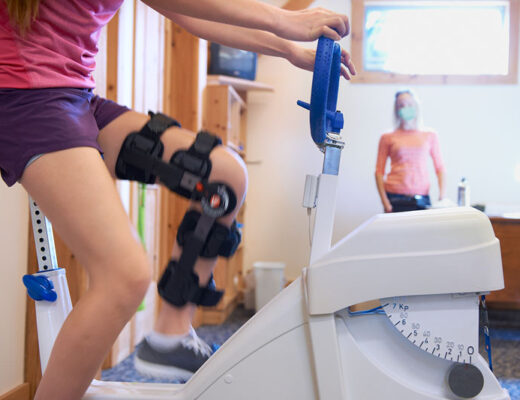When children experience traumatic events, it can profoundly affect their development, academics, behavior, relationships, and overall wellbeing. Gaining a comprehensive understanding of childhood post-traumatic stress disorder (PTSD) is key for parents, educators, and healthcare providers seeking to sensitively support traumatized youth. The people at Aspire Psychological, based out of New Jersey, say that with informed care and evidence-based treatment, it is possible to mitigate PTSD’s effects and set children on a path to resilience, fulfillment, and post-traumatic growth.
Defining Childhood PTSD
PTSD involves a constellation of psychological symptoms stemming from direct or indirect exposure to one or more traumatic experiences. These include involuntary, disturbing memories, hyperarousal, avoidance of trauma reminders, negative thoughts and emotions, and emotional numbing. Symptoms persist for over a month post-trauma and cause significant impairment in children’s daily functioning and development.
Traumas that can provoke PTSD in children include sexual, physical, or emotional abuse, domestic violence, community violence, accidents, natural disasters, medical trauma, tragic loss of a caregiver, or chronic illness. Witnessing violence or tragic death can be traumatizing as well. The closer to the trauma, the greater the risk of PTSD.
Developmental Considerations Are Critical
How PTSD manifests varies based on the child’s age and developmental stage when the trauma occurred. Preschoolers may engage in post-traumatic play or reenactment of the traumatic event without realizing it. New onset enuresis, frequent nightmares, and psychosomatic symptoms like recurrent headaches or tummy aches are common, too.
School-aged children may experience distressing sensory flashbacks and traumatic nightmares, leading to school avoidance. Regressive behavior like baby talk or needing to sleep with parents may emerge. Teens may turn to substance misuse to self-medicate their emotional pain and memories.
The Effects on Learning and Academics
Experiencing trauma and PTSD during childhood often significantly affects learning and academic performance. Intrusive memories may impair children’s ability to concentrate during lessons. Hyperarousal and hypervigilance create anxiety and sensory overstimulation. Chronic sleep disturbances from nightmares lead to pervasive fatigue and inability to focus.
Avoiding school, certain classes or locations that serve as trauma reminders, or reduced motivation stemming from PTSD’s emotional numbing may increase absences. Difficulty trusting adults coupled with poor emotional regulation inhibits traumatized students from effectively using school resources and seeking help when needed.
Social and Emotional Effects
Experiencing trauma and PTSD often profoundly disrupts children’s emerging social-emotional skills and fundamental sense of safety in relationships. Difficulty accurately identifying and regulating their own emotions puts strain on children’s peer interactions. Trauma survivors may isolate themselves out of mistrust of others or lash out defensively when feeling threatened, even by benign stimuli.
Establishing consistently safe, supportive relationships with traumatized youth is critical to help gradually rebuild relational abilities over time as they re-establish trust in adults. Low self-esteem, perfectionism, self-blame, and survivor’s guilt are common cognitive distortions requiring gentle correction through compassionate counseling.
Steps for Recovery and Post-Traumatic Growth
With prompt professional help and ongoing care, children absolutely can heal and thrive after experiencing trauma. Evidence-based trauma-focused therapies, especially TF-CBT (trauma focused cognitive-behavioral therapy), carefully help process traumatic memories and emotions in manageable doses while building critical coping strategies.
Building safety through predictability, routine, and empowering child survivors as stakeholders in their own recovery enables post-traumatic growth. Connecting youth to mentors and support groups builds a web of support.
Conclusion
Untreated childhood PTSD resulting from trauma exposure can significantly disrupt developmental trajectories, learning, emotional wellbeing, and relational abilities. But with trauma-informed professional care, school accommodations, compassionate parenting, and time, children can recover and even thrive. Addressing childhood PTSD through education, screening, research, and evidence-based treatment is an essential societal responsibility to protect our youth.




